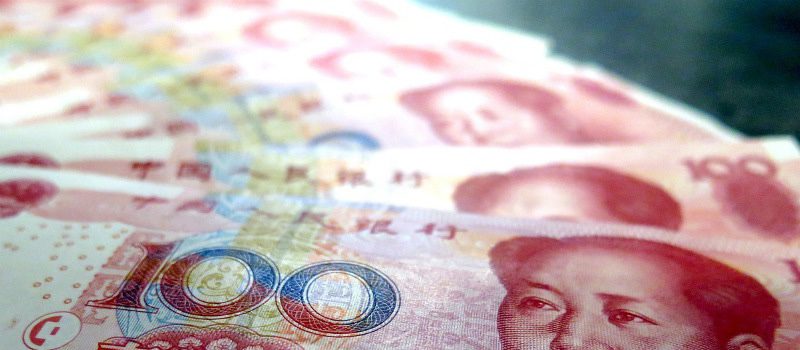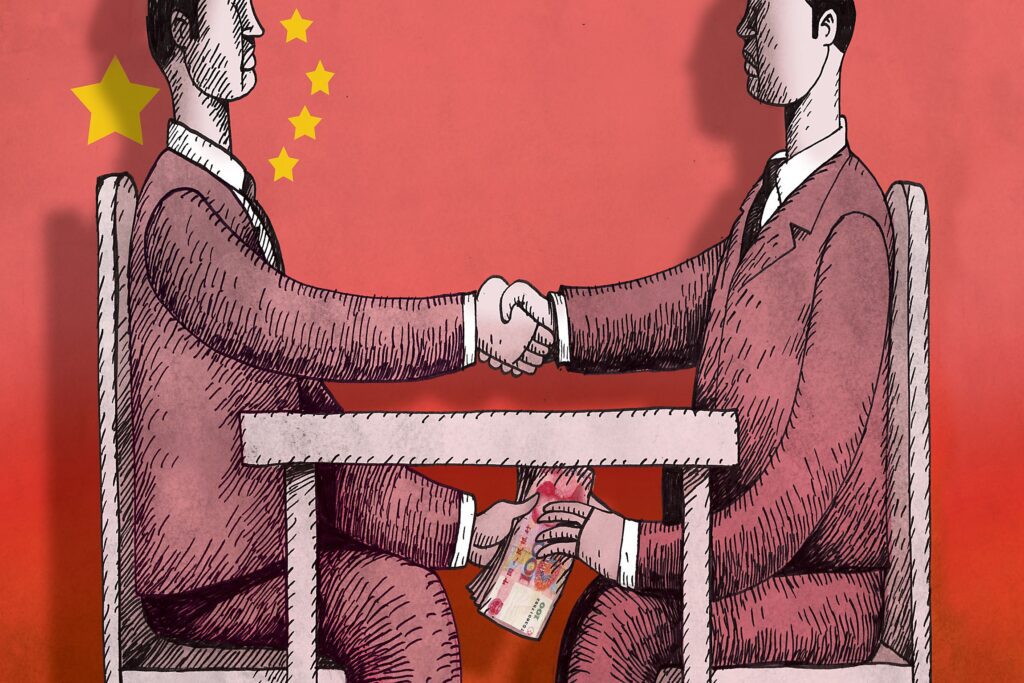While these days it’s less common to carry around money, there are still occasions when hard cash comes in handy
In days of card and mobile payments, it’s not often we think about cash, but let’s be honest – there are situations where having a bit of money in your wallet proves to be useful. Like that time your phone ran out of battery, as you were about to pay for your meal via WeChat. Or when you were traveling and the ATM wouldn’t accept your foreign card.
Whatever the case, it’s always safe to have a little cash on you. However, did you know about the restrictions on how much money one can bring to China or out of the country? Or how much money you can withdraw with a Chinese card while abroad? And what about the restrictions for foreigners and nationals?
Continue reading this article to get an answer to all these questions and more!
More articles on our blog: Work in China: Which country should and expat pay taxes to?
Cash in to/out of China
Travelers are allowed to take up to US$5000 equivalent of foreign currency or 20 000 RMB of local currency in cash in or out of the country. This applies to both foreigners and Chinese nationals. If the amount does not exceed this limit, one will not be required to declare this to customs.
An amount of money up to US$10 000 will need a ’Permit for Taking Foreign Currency out of the Customs Territory’ issued by a bank. If the amount of foreign currency exceeds US$10 000, the individual is required to show a legal warrant issued by agencies of the State Administration of Foreign Exchange (SAFE).
Travelers, who leave the country the second time within 15 days, have a limit for foreign currency: US$1000. Leaving the country a second time within the same day, the limit is US$500. If one has a declaration record of foreign currency upon entering, the customs shall examine this before authorizing to pass.
Buying currency
In case one wishes to buy currency, one must take note of the different regulations set for foreigners and locals.
Non-nationals
Non-nationals holding a work visa are allowed to purchase a higher amount than tourists. Current regulations in China state that an individual may buy up to US$500 in foreign currency daily at the bank. However, following conditions apply:
- The person must have documented proof for the source of the money, e.g. from their employer. Foreigners would need to have the corresponding visa that allows them to legally earn a salary. This is to avoid a situation where foreigners would be working in China illegally.
- The amount purchased also can depend on the destination country. While there is a limit to how much money one may buy in China, there can also be regulations in the destination country to how much cash may be brought in. Every country has laws regarding the maximum amount one is allowed to bring in legally.
Chinese Nationals
For Chinese nationals, there is an annual limit of buying up to US$50 000 in foreign currency at the bank. If the amount is under US$10 000 in a day, the person may finalize the purchase at the local bank. Once the amount exceeds US$10 000 daily, the procedure shall be finalized at the State Administration of Foreign Exchange bureau.
Can I just do an international transfer instead?
An international transfer is a good alternative for cash. Once again, there are slight differences for foreigners and locals, that need to be considered.
Non-nationals
The legal income of their current account an individual has obtained in China can be transferred overseas without any limitations. However, relevant documents are needed to prove the income is legal.
Chinese nationals
A transfer can easily be finalized at the bank if the total amount of cross-border remittance in a day does not exceed US$50 000. If the amount is higher than US$50 000, the individual must present related proof for current account expenditures.
Don’t forget to bring relevant documents!
When heading to the bank to either buy foreign currency or transfer money overseas, remember to bring the following documents:
- Your valid ID card/passport
- Labor contract
- A list of income issued by the company
- Tax bill
- Other related materials for the bank to consider the legality of your income
Remember that these strict rules on foreign currency are set to prevent individuals from sending their illegal income overseas. If you work on a proper visa and all of your income is legal, just follow the above steps.
Cash Withdrawals
As of Jan. 1, 2018, foreign currency restrictions have taken a stricter stance towards individuals holding a Chinese bank card. The State Administration of Foreign Exchange (SAFE) has limited overseas ATM withdrawals, setting the annual limit of 100 000 RMB per person. However, the daily limit of withdrawals has not been affected by this regulation. A stricter approach is said to curb money laundering, terrorist financing and tax evasion.
The consequences of exceeding an annual cap will lead to his/her oversears withdrawals getting suspended.
The quota for overseas withdrawals had previously been 100 000 RMB per card. The new rules aim to realistically meet normal cash needs and curb illegal activities.
Follow us on social media to receive more amazing tips and news on life in China – like this post on how to get a drivers license in China! Also, take a look at the services we offer and get in touch with our team for consultation!
See how much salary you receive after tax and check your company value without leaving WeChat!
Also, our Mini Program can estimate the salary in your industry, for your experience level and position. A huge help for salary negotiations!







